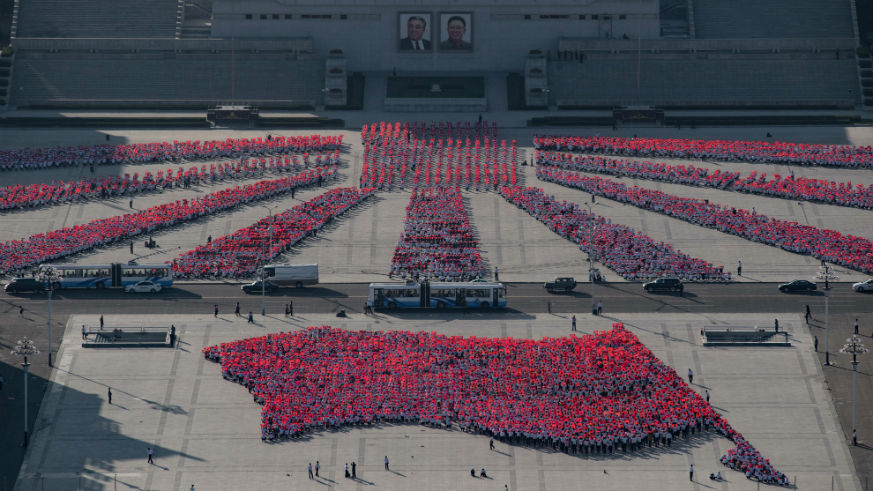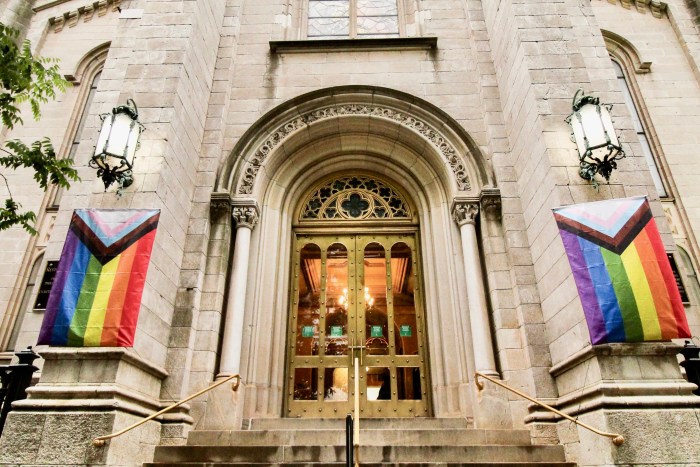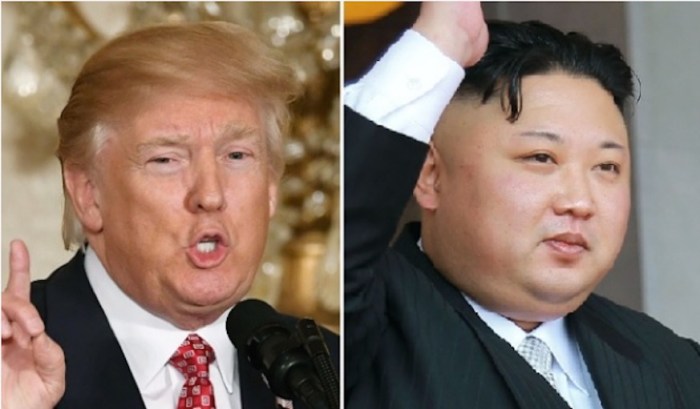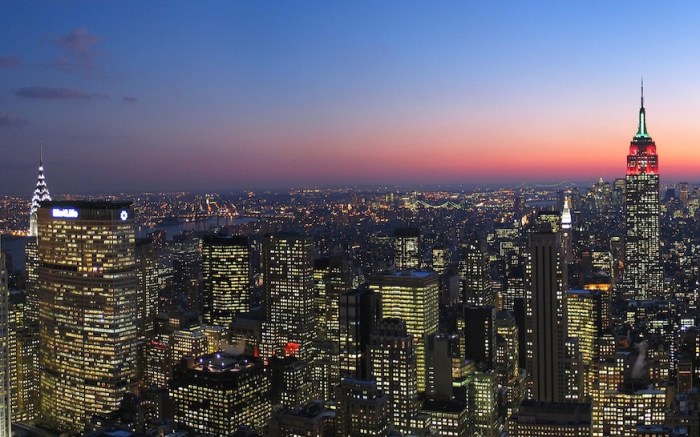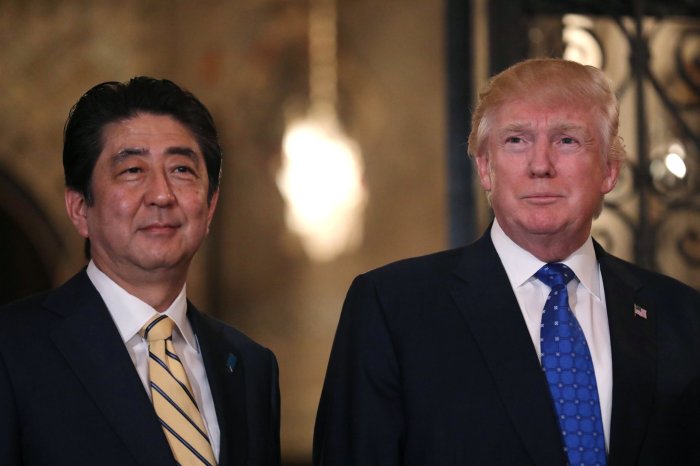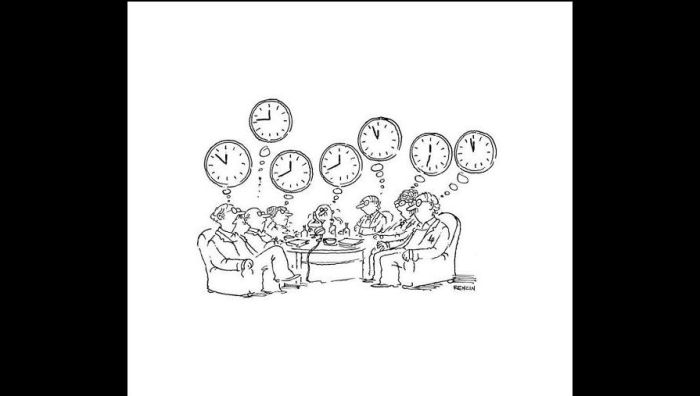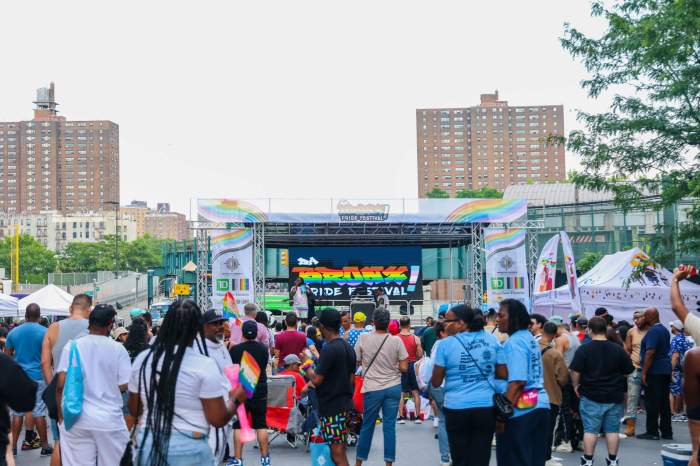If you’ve ever been momentarily confused after tuning into CNN’s coverage of a State Department briefing on DPRK, you’re not alone.
What does DPRK stand for?
It’s North Korea. DPRK stands for the Democratic People’s Republic of Korea, the country’s official name.
Wait — is North Korea a democracy?
North Korea is not democratic, even by the most elastic interpretation of the term. It’s a totalitarian state and hereditary dictatorship. The country describes itself as a self-reliant socialist state.
So where did the name come from?
In the 1940s, the Soviet Union created the concept of “people’s democracies” or “people’s republics” for new socialist-leaning territories that were less powerful than the USSR, bestowing the label on their satellite countries Romania and Bulgaria. After World War II ended, Korea was divided into two zones. The American-occupied South became the “People’s Republic of Korea.” To distinguish itself, Soviet-aligned North Korea tacked “Democratic” in front of that.
Was North Korea ever a democracy?
No. The DPRK has been ruled by one family: Its founding president was Kim Il Sung, who “demonized the U.S. as the ultimate threat to its social system through state-funded propaganda, and molded political, economic, and military policies around the core ideological objective of eventual unification of Korea under Pyongyang’s control,” according to “The CIA Factbook.” Kim Il Sung was succeeded by his son Kim Jong Il in 1994, who was succeeded by his own son Kim Jong Un in 2010.
What are the odds Korea will reunite?
Not good. The North invaded the South in 1950, leading to the Korean War. After it ended in 1953, reunification talks were held but went nowhere. A generation later, secret talks led to a signed intent to reunify in 1972. That collapsed a year later when South Korea advocated the two countries pursuing separate membership in international organizations. Today, North Korea considers Pyongyang to be the legitimate government of the Korean Peninsula.

